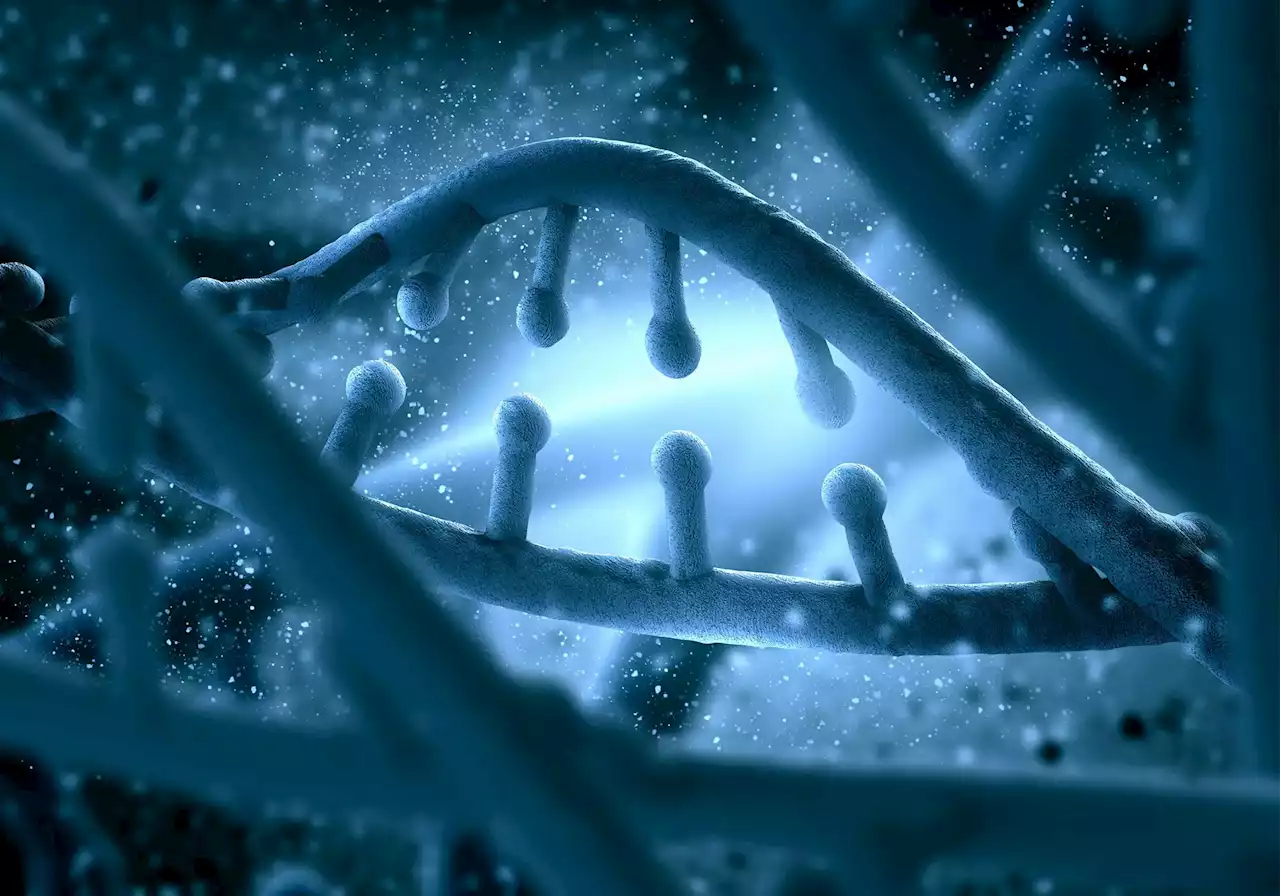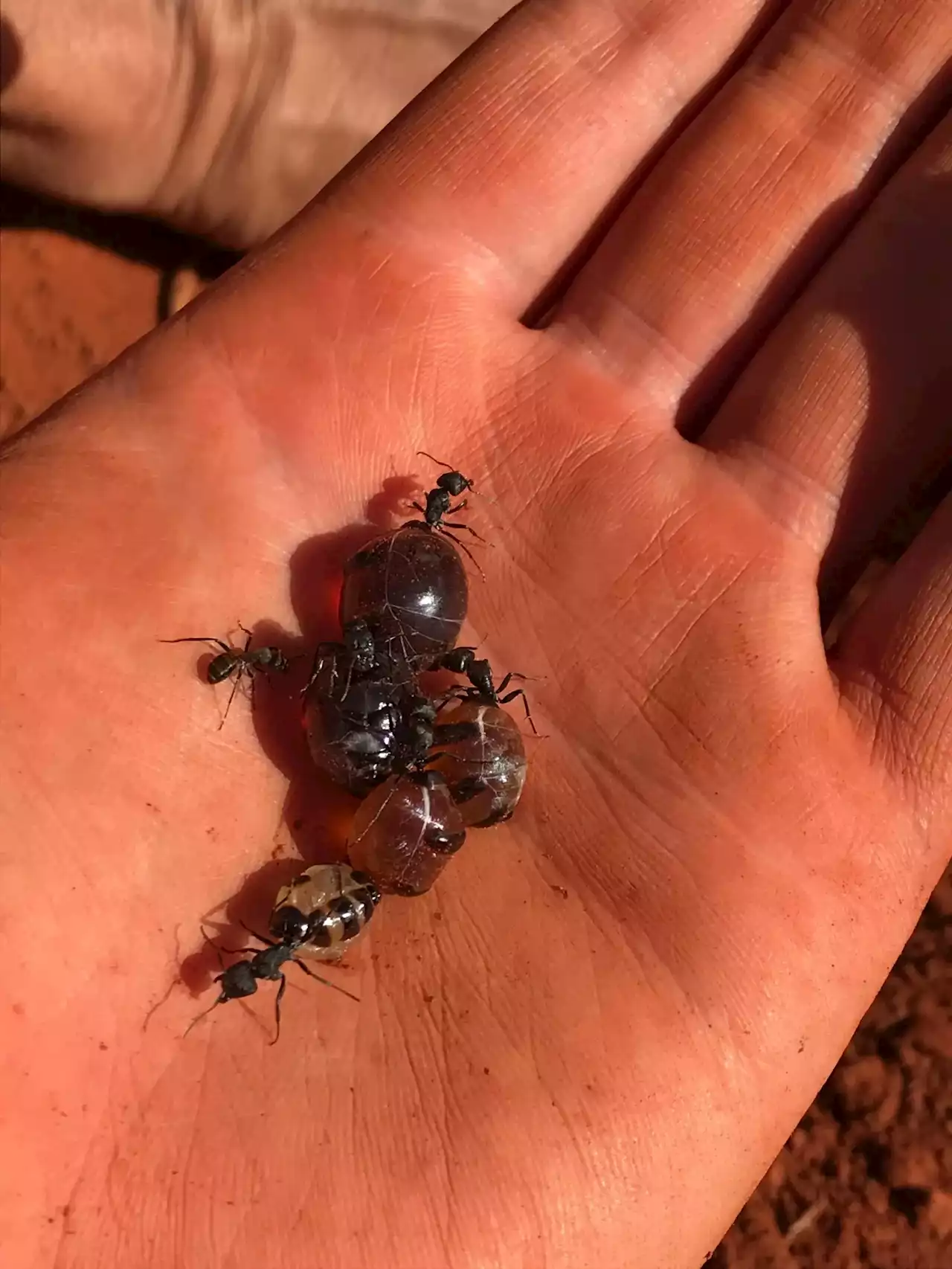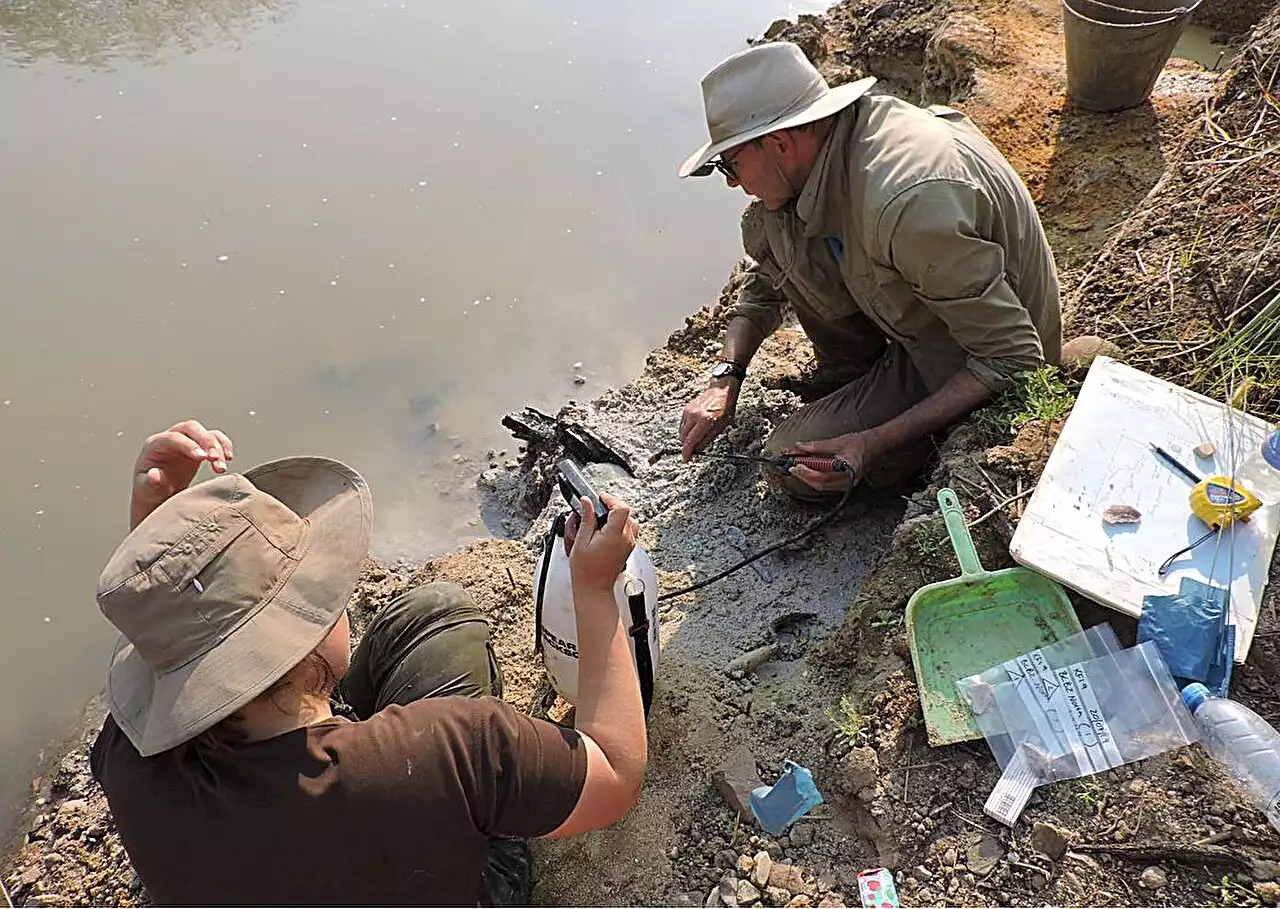A recent exploration in Vietnam for the elusive Loboscelidia, a type of parasitoid wasp, has expanded the global count of known species by 30% and uncovered their unique egg-burying behavior. Scientists from Kyushu University and Vietnam's National Museum of Nature have identified 16 previously unk
, based on their unique physical characteristics. Scale bar=0.5 mm. Credit: Yu Hisasue et al. European Journal of Taxonomy, Kyushu University
Despite their ecological importance, very little is known about many groups of parasitoid wasps, includingPrior research into the group has suggested that they parasitize the eggs of stick insects, also known as walking sticks.was first discovered around 150 years ago, but we still lack important knowledge about their biology. This study was the first time we were able to observe their parasitic behavior,” says first author, Dr. Yu Hisasue, formerly a PhD student supervised by Mita.
This parasitic behavior is very developed and similar to the nest-building behavior seen in solitary-hunting wasps. The researchers therefore believe that further research could help shed light on how these behaviors evolved in other wasps. It could also help explain the unique specialized head structure ofBy the end of the field survey, the scientists had collected 70 individuals from thegroup, taking high-resolution close-up photos of each wasp.
Malaysia Latest News, Malaysia Headlines
Similar News:You can also read news stories similar to this one that we have collected from other news sources.
 Scientists discover path to treating pain without addictive opioidsScientists are rushing to discover alternative pain treatments as the opioids epidemic in the U.S. continues to be deadly.
Scientists discover path to treating pain without addictive opioidsScientists are rushing to discover alternative pain treatments as the opioids epidemic in the U.S. continues to be deadly.
Read more »
 Scientists Discover That the Genes for Learning and Memory Are 650 Million Years OldA team of scientists led by researchers from the University of Leicester has determined that genes responsible for learning, memory, aggression, and other complex behaviors emerged approximately 650 million years ago. The research spearheaded by Dr. Roberto Feuda, of the Neurogenetic group within
Scientists Discover That the Genes for Learning and Memory Are 650 Million Years OldA team of scientists led by researchers from the University of Leicester has determined that genes responsible for learning, memory, aggression, and other complex behaviors emerged approximately 650 million years ago. The research spearheaded by Dr. Roberto Feuda, of the Neurogenetic group within
Read more »
 Scientists Discover That Australian Honeypot Ant Honey Possesses Unique Anti-Microbial PropertiesResearch reveals that honeypot ant honey possesses strong antimicrobial qualities. Researchers have found that the honey produced by ants native to Australia possesses unique anti-microbial activity against bacteria and fungi that could make the liquid useful medicinally. The study, which was re
Scientists Discover That Australian Honeypot Ant Honey Possesses Unique Anti-Microbial PropertiesResearch reveals that honeypot ant honey possesses strong antimicrobial qualities. Researchers have found that the honey produced by ants native to Australia possesses unique anti-microbial activity against bacteria and fungi that could make the liquid useful medicinally. The study, which was re
Read more »
 16 strange new parasitoid wasp species discovered in VietnamResearchers have discovered 16 new species of strange-looking parasitoid wasps from the Loboscelidia group. The study also revealed for the first time the unique parasitic behavior of a captive female from one species, who after parasitizing her host egg, buried the egg in a hole in the soil.
16 strange new parasitoid wasp species discovered in VietnamResearchers have discovered 16 new species of strange-looking parasitoid wasps from the Loboscelidia group. The study also revealed for the first time the unique parasitic behavior of a captive female from one species, who after parasitizing her host egg, buried the egg in a hole in the soil.
Read more »
 Archeologists discover 2,000-year-old child's shoe with laces intactA shoe belonging to a child and dating back more than 2,000 years has been unearthed in Austria with its laces still intact.
Archeologists discover 2,000-year-old child's shoe with laces intactA shoe belonging to a child and dating back more than 2,000 years has been unearthed in Austria with its laces still intact.
Read more »
 Archaeologists discover world's oldest wooden structureHalf a million years ago, earlier than was previously thought possible, humans were building structures made of wood, according to new research by a team from the University of Liverpool and Aberystwyth University.
Archaeologists discover world's oldest wooden structureHalf a million years ago, earlier than was previously thought possible, humans were building structures made of wood, according to new research by a team from the University of Liverpool and Aberystwyth University.
Read more »
